In observance of Black History Month, the Houston Texans have launched an organization-wide initiative aimed at educating staff about the role of notable Black Houstonians and their impact in history, community, business, education, sports and entertainment.
As the fourth largest city in the United States and one of the country's most culturally diverse, Houston's rich history is filled with important civil rights leaders, events and contributions that have shaped the course of Black History, not only in the city, but across the nation.
The Texans initiative includes a virtual education series where guest speakers, including local historians, community leaders and elected officials, will lead the discussion on a variety of topics related to Black History in Houston.
Check out photos of Houston's rich history is filled with important civil rights leaders, events and contributions that have shaped the course of Black History, not only in the city, but across the nation.

An image from the Feb. 3, 2021 Black History Month Initiative in Houston, TX.

An image from the Feb. 3, 2021 Black History Month Initiative in Houston, TX.

An image from the Feb. 3, 2021 Black History Month Initiative in Houston, TX.

An image from the Feb. 3, 2021 Black History Month Initiative in Houston, TX.

An image from the Feb. 3, 2021 Black History Month Initiative in Houston, TX.

An image from the Feb. 3, 2021 Black History Month Initiative in Houston, TX.

An image from the Feb. 3, 2021 Black History Month Initiative in Houston, TX.

An image from the Feb. 3, 2021 Black History Month Initiative in Houston, TX.

An image from the Feb. 3, 2021 Black History Month Initiative in Houston, TX.

An image from the Feb. 3, 2021 Black History Month Initiative in Houston, TX.

An image from the Feb. 3, 2021 Black History Month Initiative in Houston, TX.

An image from the Feb. 3, 2021 Black History Month Initiative in Houston, TX.

An image from the Feb. 3, 2021 Black History Month Initiative in Houston, TX.

An image from the Feb. 3, 2021 Black History Month Initiative in Houston, TX.

An image from the Feb. 3, 2021 Black History Month Initiative in Houston, TX.

An image from the Feb. 3, 2021 Black History Month Initiative in Houston, TX.

An image from the Feb. 3, 2021 Black History Month Initiative in Houston, TX.
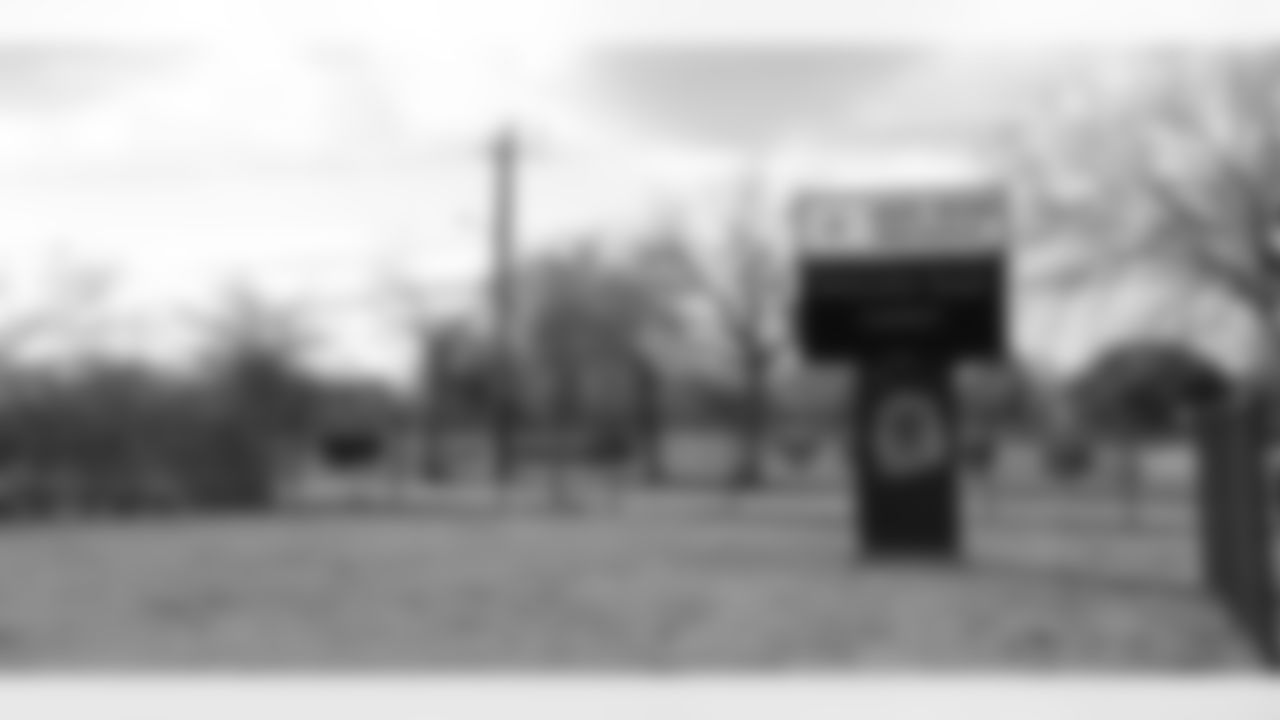
An image from the Feb. 3, 2021 Black History Month Initiative in Houston, TX.

An image from the Feb. 3, 2021 Black History Month Initiative in Houston, TX.

An image from the Feb. 3, 2021 Black History Month Initiative in Houston, TX.

An image from the Feb. 3, 2021 Black History Month Initiative in Houston, TX.

An image from the Feb. 3, 2021 Black History Month Initiative in Houston, TX.

An image from the Feb. 3, 2021 Black History Month Initiative in Houston, TX.

An image from the Feb. 3, 2021 Black History Month Initiative in Houston, TX.

An image from the Feb. 3, 2021 Black History Month Initiative in Houston, TX.

An image from the Feb. 3, 2021 Black History Month Initiative in Houston, TX.

An image from the Feb. 3, 2021 Black History Month Initiative in Houston, TX.

An image from the Feb. 3, 2021 Black History Month Initiative in Houston, TX.

An image from the Feb. 3, 2021 Black History Month Initiative in Houston, TX.
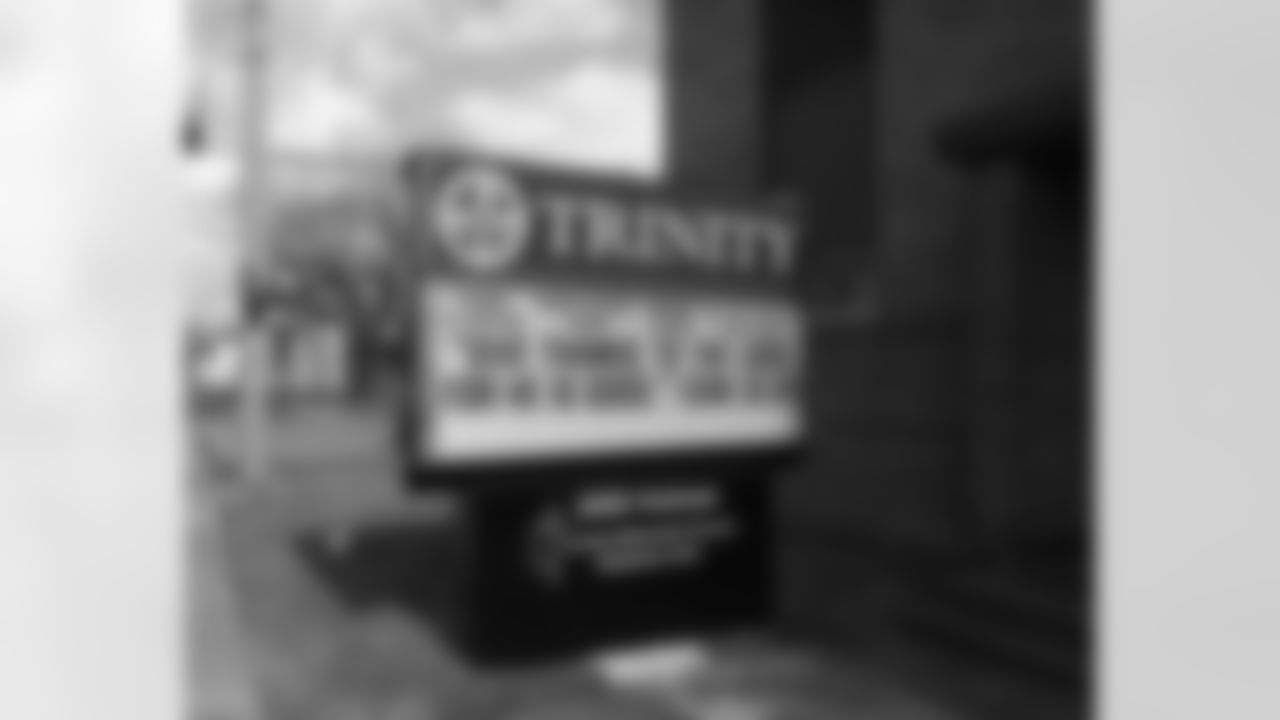
An image from the Feb. 3, 2021 Black History Month Initiative in Houston, TX.

An image from the Feb. 3, 2021 Black History Month Initiative in Houston, TX.

An image from the Feb. 3, 2021 Black History Month Initiative in Houston, TX.

An image from the Feb. 3, 2021 Black History Month Initiative in Houston, TX.

An image from the Feb. 3, 2021 Black History Month Initiative in Houston, TX.

An image from the Feb. 3, 2021 Black History Month Initiative in Houston, TX.

An image from the Feb. 3, 2021 Black History Month Initiative in Houston, TX.
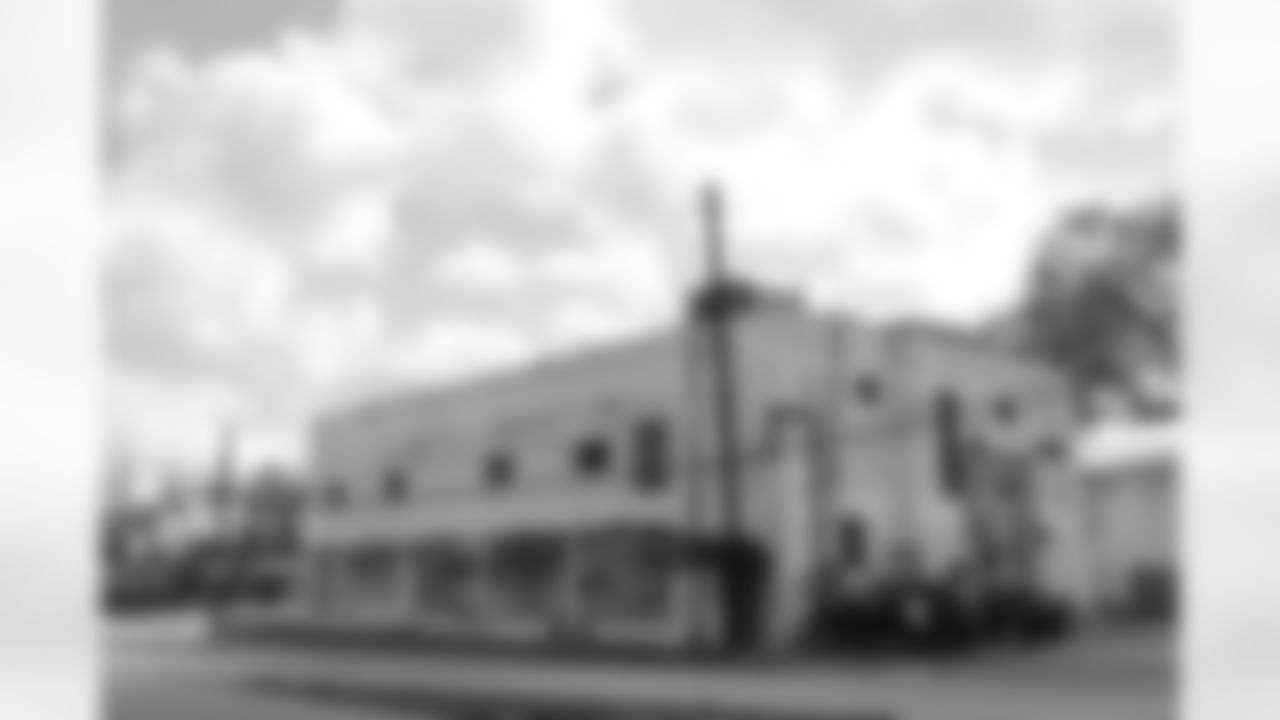
An image from the Feb. 3, 2021 Black History Month Initiative in Houston, TX.
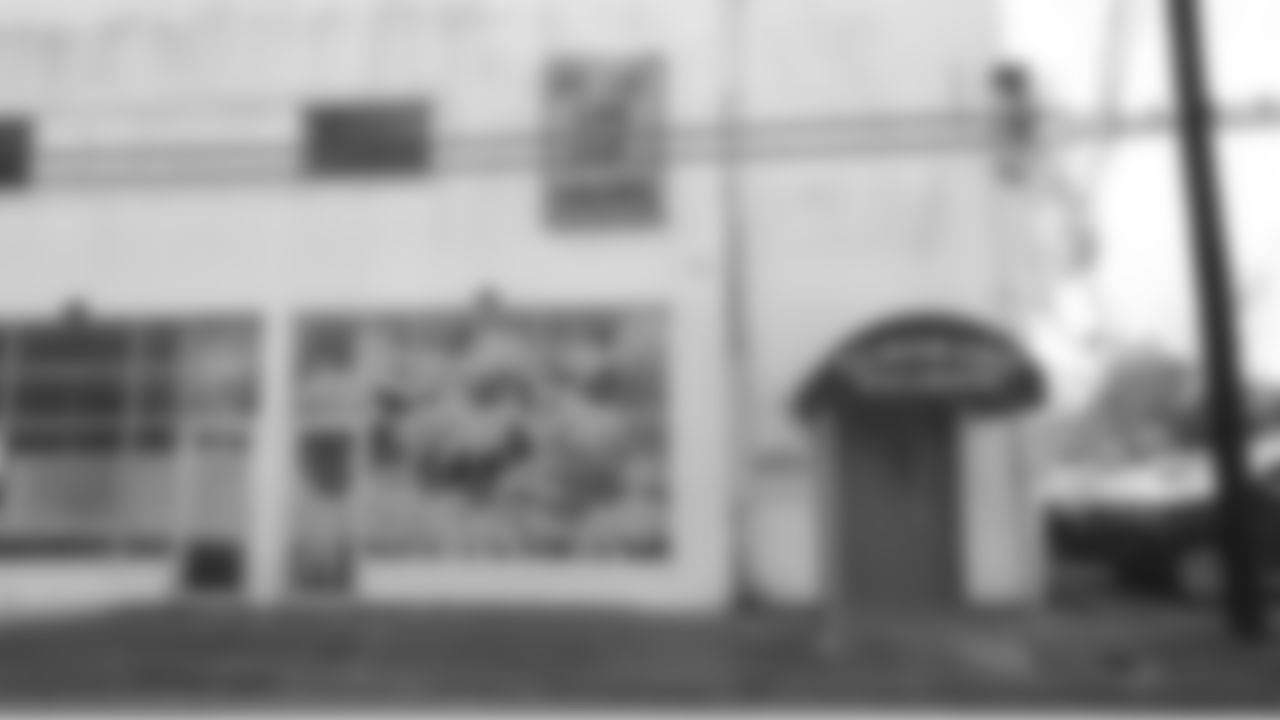
An image from the Feb. 3, 2021 Black History Month Initiative in Houston, TX.

An image from the Feb. 3, 2021 Black History Month Initiative in Houston, TX.

An image from the Feb. 3, 2021 Black History Month Initiative in Houston, TX.

An image from the Feb. 3, 2021 Black History Month Initiative in Houston, TX.

An image from the Feb. 3, 2021 Black History Month Initiative in Houston, TX.

An image from the Feb. 3, 2021 Black History Month Initiative in Houston, TX.

An image from the Feb. 3, 2021 Black History Month Initiative in Houston, TX.

An image from the Feb. 3, 2021 Black History Month Initiative in Houston, TX.

An image from the Feb. 3, 2021 Black History Month Initiative in Houston, TX.

An image from the Feb. 3, 2021 Black History Month Initiative in Houston, TX.
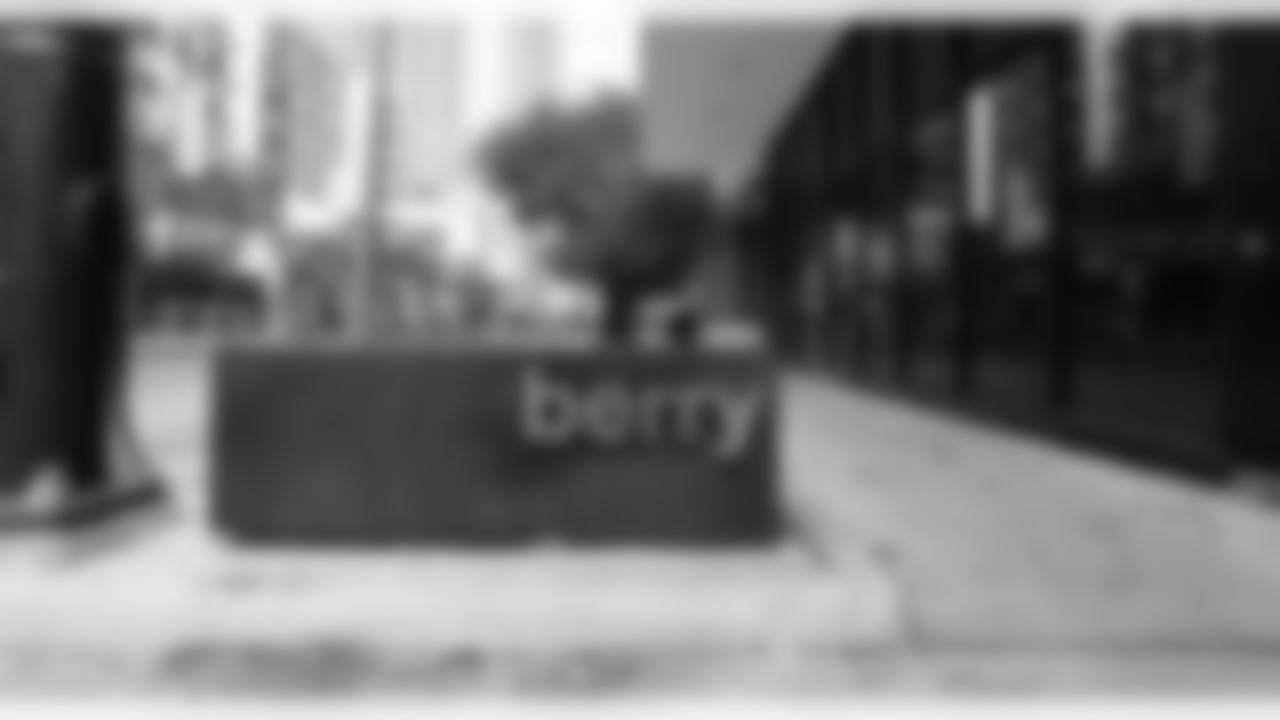
An image from the Feb. 3, 2021 Black History Month Initiative in Houston, TX.

An image from the Feb. 3, 2021 Black History Month Initiative in Houston, TX.
Building the African-American community
Emancipation Park was purchased for $800 in 1872 by a group of influential African Americans led by Reverend Jack Yates. The street leading to Emancipation Park was East Broadway, later renamed by the city to Dowling Street after Confederate hero Richard Dowling.
Black-owned Businesses
Did you know…After World War I, Dowling Street was a bustling business epicenter for African-Americans?
From 1910 to 1930, the census recorded a "colored" population jump from 22,929 to 66,357. In that 20-year span, Black-owned businesses flourished up and down the historic Dowling Street. Community landmarks such as Yates High School, the Covington House, Wesley Chapel, and St. Nicholas were built either on or next to Dowling Street.
In 2017, the Houston City Council passed a resolution to rename Dowling Street to Emancipation Avenue.
Religious institutions
Churches filled an important void in the African-American community after the end of slavery. Churches not only provided a religious outlet, but also important community-building resources, allowing for civic work, fundraising, political activism and education.
The oldest black church in Houston is Trinity United Methodist Church, started by Reverend Elias Dibble who came from Mississippi to establish churches.
But did you know…The Great Mississippi Flood of 1927 was responsible for an increase in the Black Catholic population in Houston?
The Great Mississippi Flood of 1927, which affected rural areas in the Southern United States, also brought a large influx of Catholic African Americans to the Houston area, mostly to the Fifth Ward.
In 1928, the Catholic Diocese of Galveston-Houston purchased two city blocks in the 4000 and 4100 blocks of Sumpter Street. Completed one year later, with the help of Fifth-Ward residents, Our Mother of Mercy Catholic Church in Fifth Ward would become home to 50 percent of Houston's African-American Catholic parishioners and helped educate some 4,000 Catholic and non-Catholic Blacks by end of World War II.
As part of the Houston Texans celebration of Black History Month, fans are encouraged to follow along with the official team channels throughout the month and learn more about Black History in Houston here. We will also feature local Black artists' work for weekly Wallpaper Wednesday posts.






